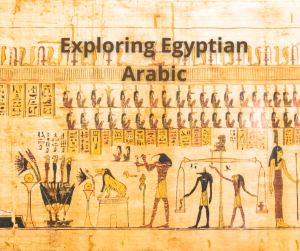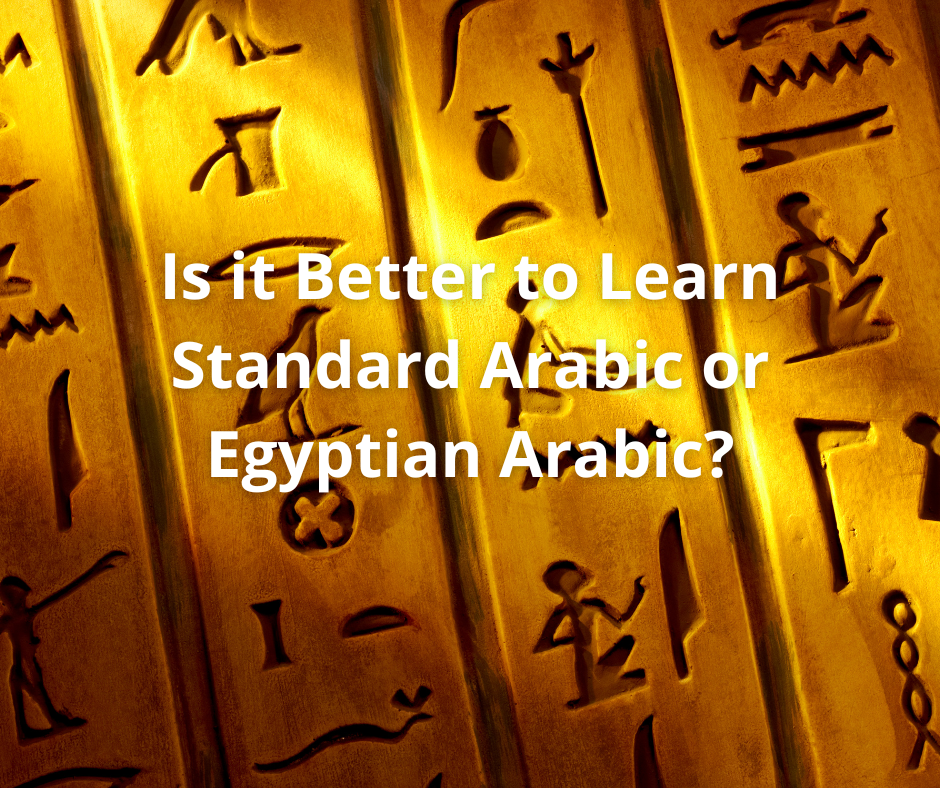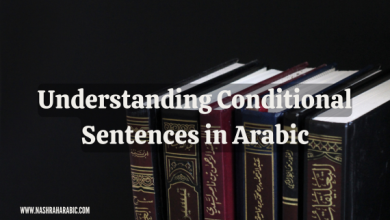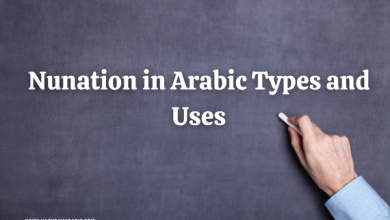Deciding whether to learn Standard Arabic or Egyptian Arabic can be a daunting task for language learners. Both varieties have their unique characteristics, cultural significance, and practical applications. In this article, we’ll explore the differences between Standard Arabic and Egyptian Arabic, and help you determine which option may be better suited to your language learning goals and aspirations.
Introduction
Arabic is a diverse language with various dialects and forms spoken across the Arab world. Among the most prominent are Standard Arabic and Egyptian Arabic. Understanding the differences between these two varieties is essential for anyone looking to learn Arabic effectively.
Understanding Standard Arabic
Standard Arabic, also known as Modern Standard Arabic (MSA) or Literary Arabic, is the formal variety of the Arabic language used in writing, formal speeches, literature, and media across the Arab world. It is based on Classical Arabic and serves as the lingua franca for communication among Arabic speakers.

Exploring Egyptian Arabic
Egyptian Arabic, on the other hand, is a colloquial variety of Arabic spoken primarily in Egypt. It is the most widely understood and commonly spoken Arabic dialect in the Arab world due to Egypt’s cultural and historical significance in the region. Egyptian Arabic is characterized by its unique vocabulary, pronunciation, and grammatical features.
Differences Between Standard and Egyptian Arabic
While both Standard Arabic and Egyptian Arabic share the same root language, they differ significantly in terms of usage, pronunciation, and vocabulary. Standard Arabic is more formal and standardized, whereas Egyptian Arabic is informal and varies in usage depending on context.
Key Differences:
- Formality: Standard Arabic is formal and used in official contexts, while Egyptian Arabic is informal and used in everyday conversations.
- Pronunciation: Standard Arabic pronunciation is more uniform across regions, whereas Egyptian Arabic pronunciation varies widely.
- Vocabulary: Standard Arabic includes classical and literary vocabulary, whereas Egyptian Arabic incorporates slang, borrowed words, and colloquial expressions.
Practical Applications
The choice between learning Standard Arabic or Egyptian Arabic depends largely on your language learning goals and practical applications. Standard Arabic is essential for reading religious texts, formal communication, and academic pursuits, while Egyptian Arabic is useful for everyday interactions, travel, and cultural immersion in Egypt and the wider Arab world.

Which One Should You Learn?
Deciding whether to learn Standard Arabic or Egyptian Arabic depends on your specific goals, interests, and circumstances. If you aim to engage in formal communication, pursue academic or religious studies, or work in international diplomacy, learning Standard Arabic is essential. On the other hand, if your focus is on everyday communication, cultural immersion, or travel in Egypt and the Arab world, Egyptian Arabic may be more practical and relevant.
Conclusion
In conclusion, both Standard Arabic and Egyptian Arabic offer unique opportunities for language learners. While Standard Arabic provides access to formal communication and academic pursuits, Egyptian Arabic offers practical benefits for everyday interactions and cultural immersion. Ultimately, the choice between the two depends on your individual goals, interests, and practical needs.
FAQs
Can I learn both Standard Arabic and Egyptian Arabic simultaneously?
Yes, it’s possible to learn both varieties simultaneously, but it may require additional time, effort, and dedication due to the differences in grammar, vocabulary, and pronunciation.
Which variety of Arabic is more widely spoken?
Egyptian Arabic is more widely spoken and understood in the Arab world due to Egypt’s cultural influence and media presence.
Is it necessary to learn Standard Arabic before learning Egyptian Arabic?
While learning Standard Arabic can provide a strong foundation for understanding Arabic grammar and structure, it’s not strictly necessary to learn it before studying Egyptian Arabic, especially if your focus is on everyday communication.
Can I switch between Standard Arabic and Egyptian Arabic in conversation?
Yes, many Arabic speakers switch between Standard Arabic and their local dialects, including Egyptian Arabic, depending on the context and audience.
How long does it take to learn either Standard Arabic or Egyptian Arabic?
The time it takes to learn Arabic varies depending on factors such as prior language experience, study intensity, and language learning goals. With consistent practice and dedication, learners can make significant progress in a relatively short period.




